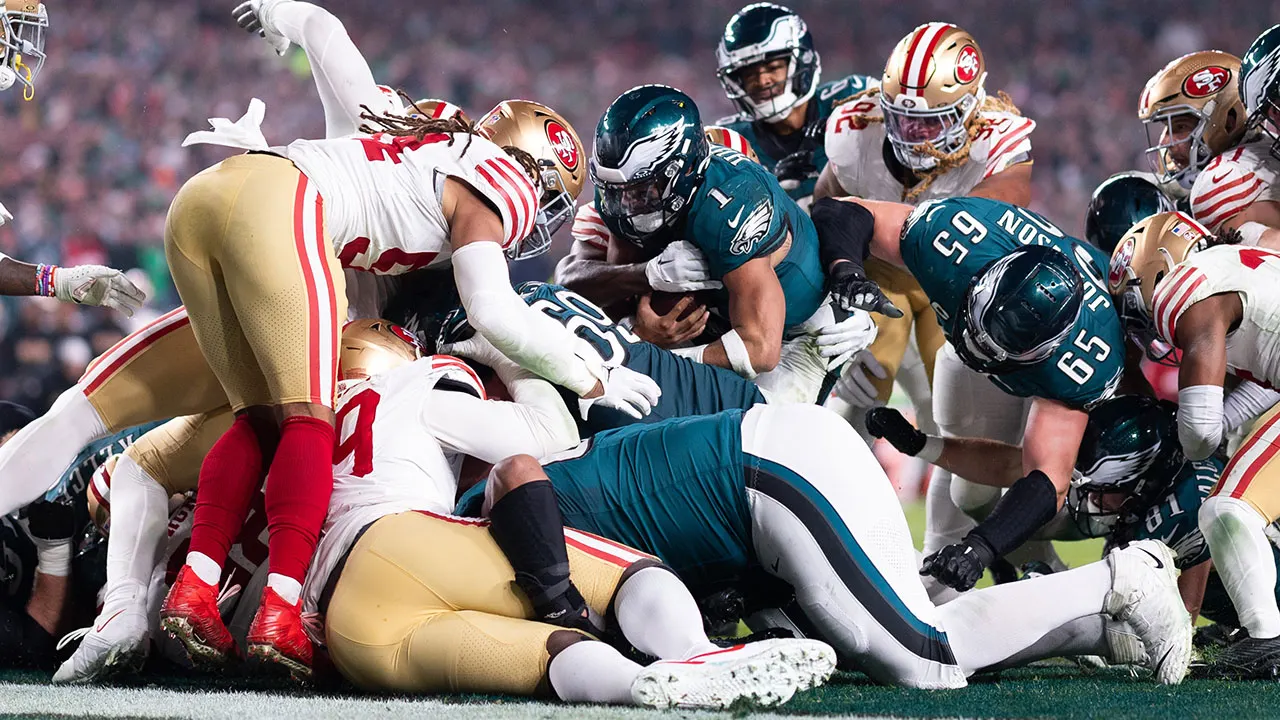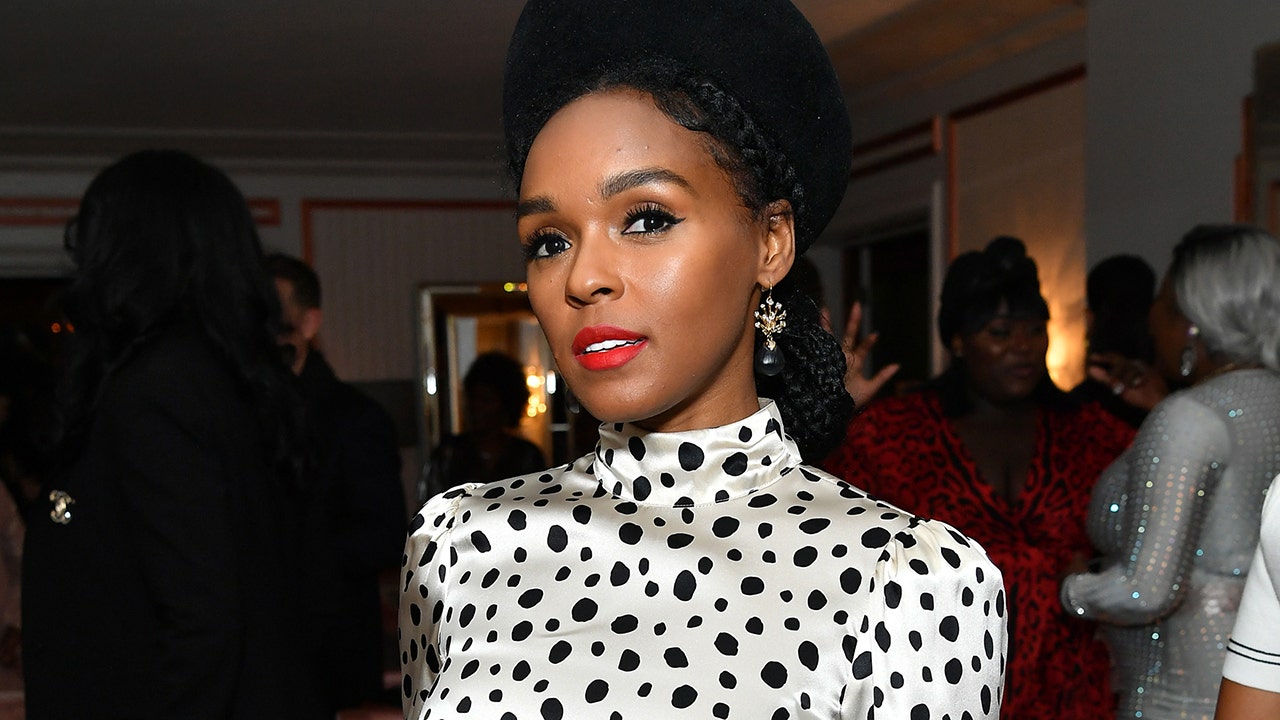Beyoncé has waited 15 years to win the coveted Album of the Year award. That is unforgivable
After four years of being denied Album of the Year at the Grammys—losses that said four blockbuster albums (two of which spawned their own films), four legendary world tours, two Super Bowl performances, more Grammy wins than any other person, and many more acts of unequivocal genius were simply not good enough—Beyoncé finally walked away with that coveted golden gramophone for Cowboy Carter.
With the greatest living entertainer earning a win that’s been due to her since 2013’s Beyoncé, you’d think her breaking this curse would feel better. Instead, the brevity of the moment she accepted it crystalized how complicated and bittersweet it was. Undoubtedly, Cowboy Carter, Beyoncé’s first full foray into country music, is a true feat of vision, scholarship, social commentary, technical ability, and relentlessness, and yet, the Recording Academy’s persistent dismissal of her singular brilliance reduces her long-awaited AOTY Grammy to a consolation prize. Despite the sacrifices, battles, and scars of Linda Martell, the Black country pioneer whose career was cut microscopic by racism and to whom Beyoncé dedicated her award in a sparse 40-second speech, Beyoncé was only given the top prize at an institution dominated by white traditionalism when she spoke to it in a language it could understand. Country music has Black roots but a white face, and by taking it head on, the Recording Academy finally saw themselves in her.
Beyoncé’s last Album of the Year loss was in 2023 when her groundbreaking ode to dance music, Renaissance, was beat out by Harry Styles’ (very good but far less important) Harry’s House. Beforehand, speaking with Rolling Stone on Twitch’s Charlie Cooper during a Grammy pre-show, I said plainly that the Academy had the potential to redefine itself by giving Beyoncé her just due or else deepen the level of illegitimacy that its persistent marginalization of Black music had created. Artists like Frank Ocean, Drake, and the Weeknd have blatantly called out the Grammys in the past for what they are. “It just doesn’t seem to be representing very well for people who come from where I come from, and hold down what I hold down,” Ocean told the New York Times about not submitting his 2016 opus Blonde for consideration. He noted that since his birth in 1987, only a handful of Black artists had won Album of the Year—just six. Beyoncé’s Cowboy Carter win makes her the twelfth Black person to do so in 66 years and the first Black woman since Lauryn Hill in 1999.
Editor’s picks
Recording Academy president and CEO Harvey Mason Jr., a Black man himself, has seemed exceedingly cognizant of these criticisms and attempted to keep the organization from resting on its decaying laurels. At last night’s Grammys, presenters in the Big Four categories (AOTY, Record of the Year, Song of the Year, and Best New Artist), from Diana Ross to Los Angeles County firefighters, were made to make clear that the preceding winner was voted on by an eligible body of more than 13,000 members (nevermind how many of those members actually voted). As Mason Jr. introduced a surprise performance by the Weeknd, who’d boycotted the awards on the back of an egregious snub in 2021, he touted the diversification of the voter pool to include more women, young people, and people of color, a project of over six years. Especially as the Trump administration and its cronies demonize and destabilize diversity, equity, and inclusion efforts, this work is and will continue to be important in all sectors.
The value and impact of this growing and changing Grammy voting body is evident in just who Beyoncé’s competition was last night. The Album of the Year contenders were mostly women—two of them openly queer—following the trails she’s blazed to the cutting edge of pop, plus a rap legend on a new path as a flautist and a young muse charting his own course. With her up against Charli XCX’s Brat, Chappell Roan’s The Rise and Fall of a Midwest Princess, Taylor Swift’s The Tortured Poets Department, Sabrina Carpenter’s Short N’ Sweet, Billie Eilish’s Hit Me Hard and Soft, André 3000’s New Blue Sun and Jacob Collier’s Djesse Vol. 4, a Beyoncé loss would not have been as plain a symbol of white hegemony as it has been in the past.
Related Content
Yet, since Renaissancé’s infuriatingly laughable loss to Harry Styles in 2023, I’ve watched the Grammys more as an amused spectator and music professional than someone with any real investment or belief in its capacity to do the right thing. In an op-ed arguing Beyoncé herself should have boycotted the Grammys after coming up empty-handed in the 2023 AOTY race, Los Angeles Times pop music critic Mikael Wood posited that the Grammys is a progressive institution and eager to be seen that way. I can only agree with the latter. The Grammys’ central function as a public institution is that of an awards-giving body, and there, it has remained painfully conservative. The Big Four categories are the only ones the entire voting membership can cast ballots in—other categories have protections to prioritize genre expertise—and thus symbolize what the organization as a whole deems worthwhile. In Doechii’s win for Best Rap Album and Chappell Roan’s for Best New Artist, it’s easy and important to see what the Grammys can mean to artists and the communities they protect. But with Beyoncé’s AOTY losing streak, it can and should only mean so much.
Despite Beyoncé’s repeated global resonance and sociological significance, which Adele captured deftly as she accepted her AOTY award for 25 over Lemonade in 2017 (recently named the best album of the century by Rolling Stone), Cowboy Carter is the most legible she has ever been to the Recording Academy, who, despite diversity efforts, still had a voting membership of 66% men, 49% white people and 66% people over 40 in October. It is the most legible to them because it is country music, compounded by perhaps the whitest symbols (a Beatles cover, a “Jolene” riff) and prominent collaborators (Dolly Parton, Willie Nelson, Miley Cyrus, Post Malone) of Beyoncé’s career.
Since Lemonade, her albums have centered Blackness and, even more boldly, incorporated Black queerness with Renaissance. Similarly, Cowboy Carter commands attention and respect to Blackness in country music precisely because of how it’s been diminished. “The greatest lie country music ever told was convincing the world that it is white,” critic Taylor Crumpton wrote in an op-ed for Time. But the lie is foundational to the win. That the innovation, revelation, and jubilation of I Am…Sasha Fierce, Beyoncé, Lemonade, and Renaissance were not good enough, but that Cowboy Carter is, might be more enraging than vindicating because she had to talk to and through Whiteness to be heard.

 2 hours ago
1
2 hours ago
1
















.png)

.png)
.png)
.png)













 English (US) ·
English (US) ·  Hindi (IN) ·
Hindi (IN) ·